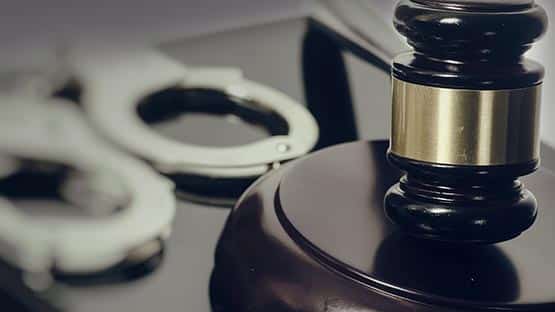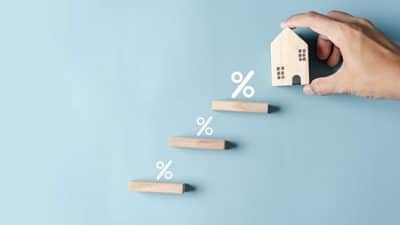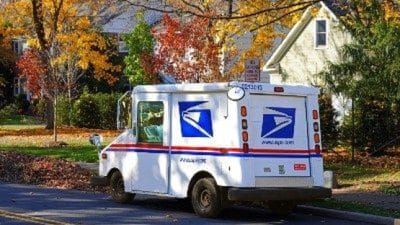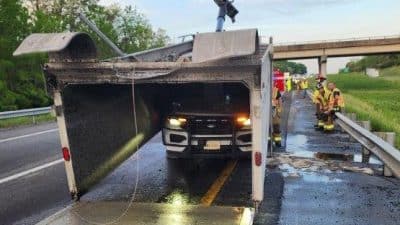
When it comes to broadband internet connectivity, Virginia ranks 15th in the nation. However, 91.1 percent of residents have connections to 25 Mbps or higher wired broadband internet. In addition, the Delmarva Peninsula and the western portion of the state are relatively higher speed than most of the state. The average download speed in Virginia is currently 90.7 Mbps.
The Virginia digital divide
The expression “digital divide” is used to describe the gap between those who have secure internet connections and those who do not. When it comes to people getting links to accessible telecommunications in Virginia, the state ranks far above the national average regarding access and availability.
Despite this, nearly 697,000 Virginians may not have connections to a wired internet network capable of speeds of 25 megabits per second or higher. There are already 608,000 Virginians with just one ISP (Internet Service Provider), excluding them from switching. Another 306,000 people in Virginia have minor connections to any form of wired internet.
According to our most recent affordability results, 51.3 percent of Virginians have access to a low-cost broadband service. This is just marginally more than the overall average of 51.5 percent for nations.
Cities for the best connectivity
Woodbridge is the most well-connected community in Virginia. All have connections to high-speed Internet, and 99 percent of people have access to wired broadband. Manassas, Henrico, Fredericksburg, and Arlington are the following four best-connected towns.
Cities with the worst connectivity
Norwood is the least accessible town in Virginia when it comes to wireless internet service. Capeville, Doe Hill, Hood, and Stevensville are the following four worst-connected cities and villages.
Initiatives by the government
Virginia’s government also provides millions of dollars in subsidies to various telecommunications programs to help link its people. Wired Virginia, for example, has received $8,099,979 in grants for Virginia’s Broadband Initiative since 2010. Other internet connectivity ventures in Virginia were also awarded $199,044,242. In addition, the University Corporation for Advanced Internet Development received the highest single federal award for broadband technology, totaling $62,540,162.
How do consumers improve their internet speed?
If none of the solutions above help, there are a couple of other things you should do to speed up your internet connection:
- Make it a ritual to reset your router regularly. It helps them to “refresh” and “clear” data that has accumulated.
- Invest in a new router. To get the fastest internet speeds, look for a high-quality, long-range router.
- Increase your protection. Other people may have discovered a way to take advantage of your links. Use WPA2 authentication and passwords that are difficult to guess.
- Change the Wi-Fi channel from 2.4 GHz to 5 GHz. In comparison to 2.4 GHz, a 5 GHz channel has 23 overlapping channels, while 2.4 GHz just has 16. This will result in faster speeds. To change WPA2 settings you have to login to your router with 168.0.1, 192.168.100.1 which is assigned as your default IP address.
- One Wi-Fi antenna should be pointed straight ahead, and the other should be angled to the side. For a well-rounded coverage, the link would be sent directly up and down through ceilings, as well as horizontally through partitions.
Story by Arcadia










